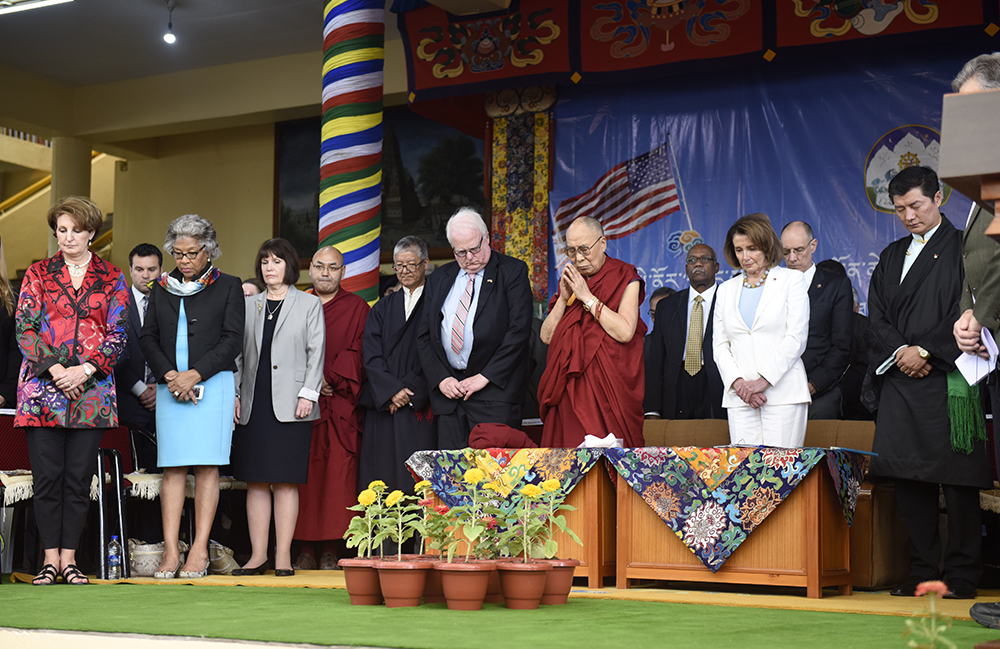Summary: A bipartisan delegation of U.S. lawmakers, led by House Foreign Affairs Committee Chairman Michael McCaul, is set to visit Dharamsala, India, to meet with the Dalai Lama. This visit highlights the ongoing U.S. support for Tibetan cultural and religious autonomy.

In a significant move demonstrating support for Tibetan aspirations, a high-level delegation from the United States Congress will visit Dharamsala, India, to meet with His Holiness the 14th Dalai Lama. The delegation, led by House Foreign Affairs Committee Chairman Michael McCaul, includes key figures from both parties, such as Speaker Emerita Nancy Pelosi and Foreign Affairs Committee Ranking Member Gregory Meeks.
This visit, occurring concurrently with U.S. National Security Advisor Jake Sullivan’s trip to India, underscores the strategic importance the U.S. places on its relationships with India and the Tibetan government-in-exile. Dharamsala has been the home of the Dalai Lama since he fled Tibet in 1959 following a failed uprising against Chinese rule. The town is not only a symbol of Tibetan resistance but also a center of Tibetan Buddhism.
The bipartisan nature of the delegation reflects a unified American stance on the Tibetan issue. “Tibetans are a democracy-loving people who wish to practice their religion freely,” McCaul stated, emphasizing the delegation’s aim to support Tibet‘s self-governance aspirations. This sentiment was echoed by Pelosi and other members of the delegation, highlighting a persistent commitment to promoting human rights and religious freedom.
ALSO READ: US Report Highlights China’s Extreme Isolation of Tibet
Concurrently, the U.S. Congress has passed a bill aimed at strengthening U.S. support for Tibet and promoting dialogue between Beijing and the Tibetan leadership. The “Promoting a Resolution to the Tibet–China Dispute Act” challenges China‘s historical claims over Tibet and seeks to rekindle negotiations, which have been stalled since 2010. This legislative move, awaiting President Joe Biden’s signature, marks a significant U.S. policy shift, aiming to counter Chinese influence and misinformation regarding Tibet.
China has consistently opposed foreign interactions with the Dalai Lama, viewing the issue of Tibet as an internal affair. However, the consistent support from various global quarters, including the U.S., keeps the international spotlight on Tibet‘s struggle for autonomy and cultural preservation.






